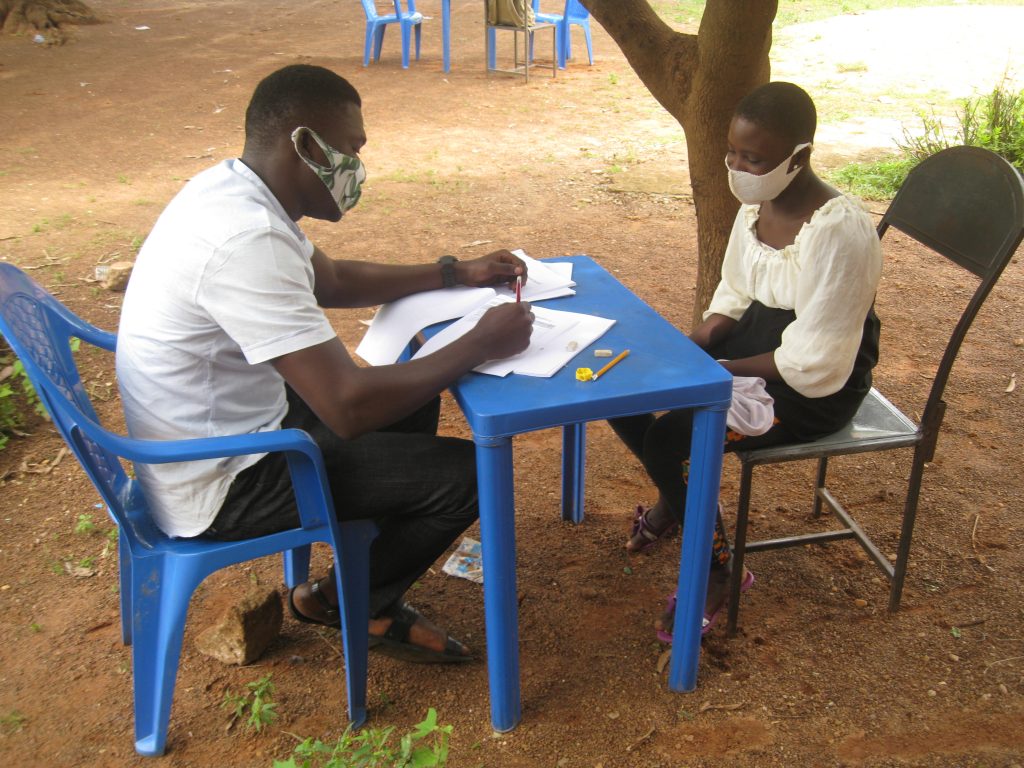BasicNeeds-Ghana in collaboration with Washington University in St Louis, Missouri, USA, the School of Public Health, University of Ghana, Legon and BIBIR Ghana is implementing a study entitled ANZANSI.
The study which is founded by the National Institute of Mental Health of the USA, seeks to examine whether an innovative combination intervention could curtail the unaccompanied rural-to-urban migratory patterns and involvement in child labor among poverty-impacted Ghanaian female youth in the Northern Region. To this effect, the study combines two evidence-based approaches such as the following:
Firstly, a Family Economic Empowerment (EE), which has the benefit of enabling participants to accumulate assets faster, plan for their future through Child Development Accounts (CDA) and pay for their education expenses without accumulating debt. With financial and skills-based assets gained through the ANZANSI Family Program, caregivers and female adolescents may decide to pursue a microenterprise to earn a comparable income.
Secondly, Multi Family Groups (MFG) sessions which builds protective factors for healthy parent-child relationships while addressing familial, social and community stressors and barriers to adolescent girls’ well-being. ANZANSI Family Program will utilize MFG to provide social support; family strengthening opportunities; discussions on child roles, gender norms, and child labor; and exchange of effective strategies within and across families to strengthen family relationships.
The project is currently being implemented in ten schools across the Tamale Metropolis and Sagnarigu Municipality of the Northern Region. The commencement of the project has been heralded by key deliverables such as building the capacities of school teachers and educational stakeholders to support in project implementation, meeting with families to enlighten them on the project and to secure their participation, selection of study participants, Consent exercise to formally recruit study participants, feedback meetings with families on best ways of delivering the multiple family group sessions as well as conducting baseline assessments with families to measure their initial situations prior to actual study implementation.
It is highly anticipated that the project in its wake, will vigorously address female child migration, reduce school drop-outs as well as increase school enrollment of the girl child.


